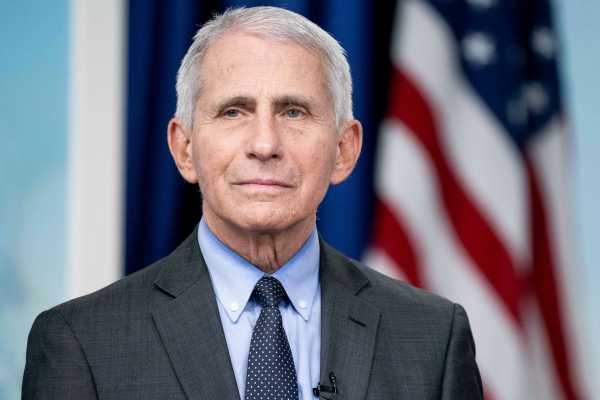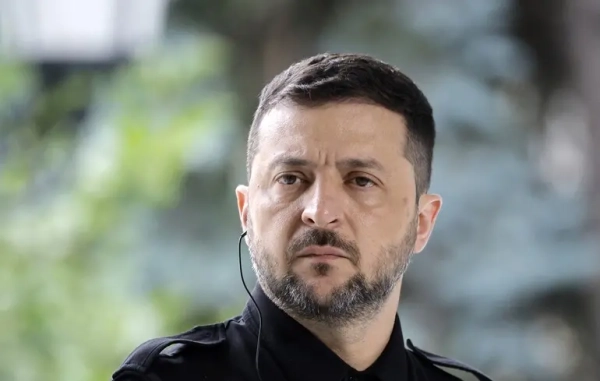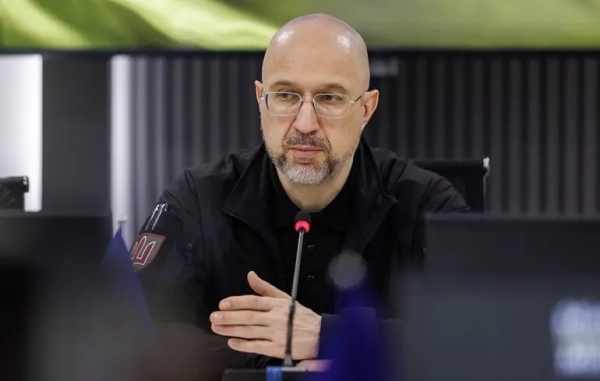Amid a rise in COVID-19 infections — as seen by first lady Jill Biden's recent bout with the virus — public health experts are tracking the numbers but aren't "predicting that this is going to be a tsunami of hospitalizations and deaths the way we saw a year or more ago," Dr. Anthony Fauci said Sunday.
"Given the level of immunity that we all have … in other words, people who have been vaccinated, boosted, people who have been infected like you and I, where we have hybrid immunity, the chances of this being an overwhelming rush of cases and hospitalizations is probably low," Fauci, formerly the White House's top pandemic adviser and now a Georgetown University professor, told ABC "This Week" co-anchor Jonathan Karl.
He said that while he isn't "alarmed" by the uptick in cases, "I'm certainly keeping an eye on it."
"There's no doubt that this is going on, and since we're now at the end of the summer it is likely that that will increase as we get into the fall and the winter, so we need to be prepared for it," he said.
The next COVID-19 booster, expected to soon be authorized by the U.S. Food and Drug Administration, will be an effective tool against the spread as it is "going to be pretty well matched to the kinds of viruses that are now circulating," Fauci said.
"I think that we're in reasonably good shape, but we all need to be prepared for it," he said. "And that gets to what we were saying about the boosters being available, particularly for those who are vulnerable, namely those who are elderly and those who have underlying conditions."
"Who should be taking that booster?" Karl asked.
Fauci said he didn't want to speak ahead of the government bodies who will circulate recommendations to the public but added that "I would say make it available for everyone … certainly recommended for the high-risk people."
The spread of the virus again reached the White House, when officials said late Monday that the first lady had tested positive. She subsequently isolated at the Bidens' home in Delaware and has since tested negative.
While President Joe Biden did not test positive, he did often resume wearing a mask when in close contact with other people — but not always.
At the Medal of Honor Ceremony honoring Larry Taylor on Tuesday, he joked about not wearing a mask as he removed his face covering when he stepped up to the podium to deliver remarks.

Dr. Anthony Fauci attends an event in the Eisenhower Executive Office Building in Washington, DC, December 9, 2022.Saul Loeb/AFP via Getty Images
The current federal guidelines recommend that people wear a mask when around others for 10 days after exposure to COVID-19.
Karl asked Fauci on Sunday if he believes the Centers for Disease Control and Prevention should revamp the masking guidelines, in light of the president not always following them.
"I don't want to get ahead of them and say that they should, you know, change them," Fauci said. "But certainly they revaluate them intermittently to make sure that they're up to date with the current scientific knowledge."
Karl also pointed to a new study suggesting that masks were, in the broadest sense, ineffective in containing the pandemic. "What is your sense looking back at all this?" Karl asked.
"People have commented on that study saying, 'Absolutely masks don't work,' which is absolutely not the case because there are a number of studies that show that masks actually do work," Fauci said. "And there's a lot of confusion where you take a broad series of studies and you look at them in a meta analysis. Only a couple of those studies were specifically looking at COVID. So I think we'd better be careful that that study that people keep talking about can be very, very misleading."
Cochrane, the U.K.-based organization which published the study in question, released a statement on its website in March that "given the limitations in the primary evidence, the review is not able to address the question of whether mask-wearing itself reduces people's risk of contracting or spreading respiratory viruses."
"There's a lot of good data that masks work," Fauci said on "This Week."
Nonetheless, he said he didn't foresee a return to government-imposed mask restrictions, which became a political flashpoint, especially among conservatives who argue they are too restrictive.
"I can see that if we get a significant uptick in cases that you may see the recommendation that masks be used under circumstances, in indoor crowded settings, but I don't see there be[ing] certainly not federal mandates," he said. "I would be extremely surprised if we would see that. There may be local organizations that may require masks."
Sourse: abcnews.go.com






